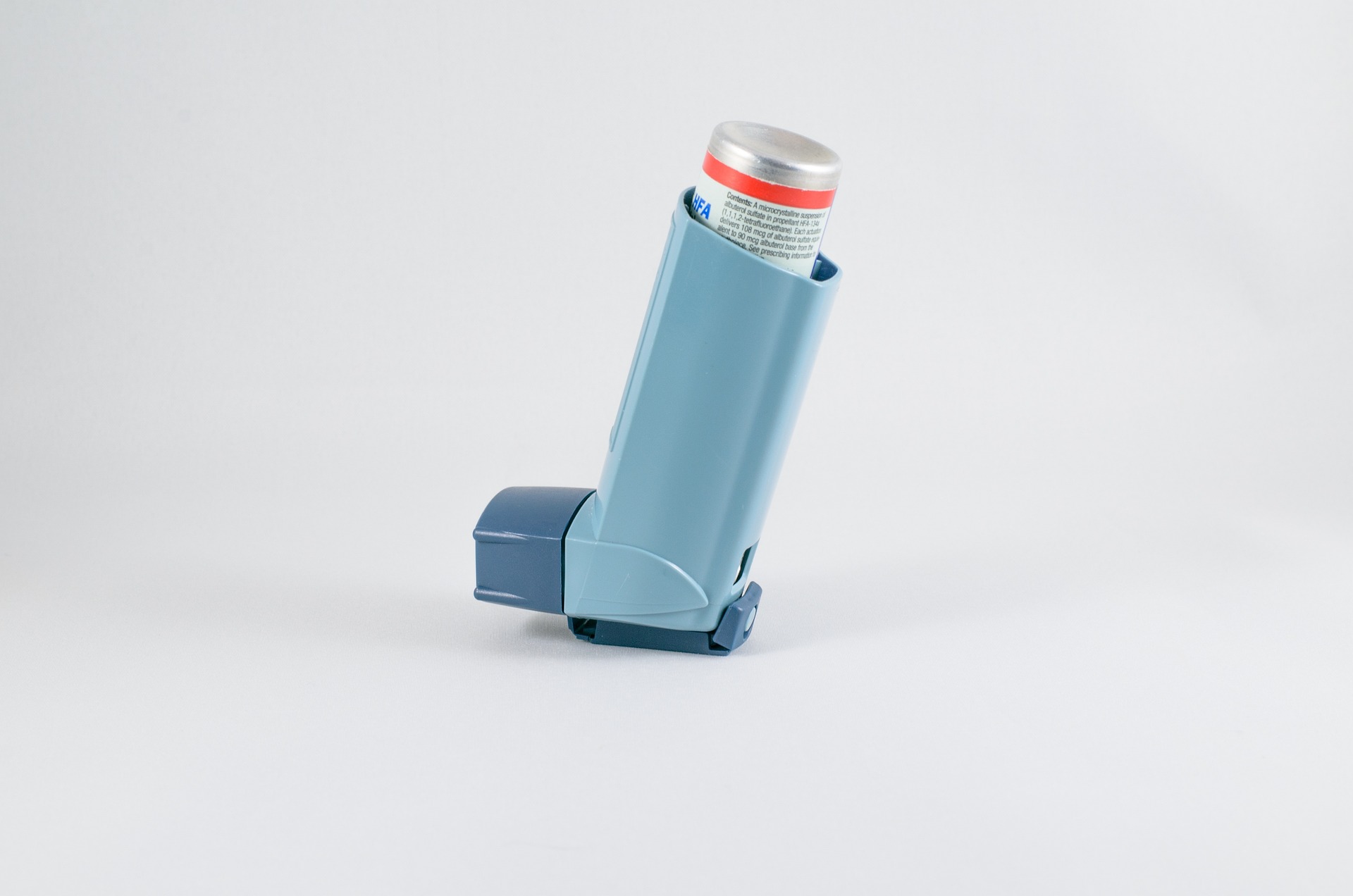Understanding Nasal Polyps: Causes, Symptoms, and Treatment Options
Nasal polyps are soft, painless, noncancerous growths that develop on the lining of the nasal passages or sinuses. These grape-like swellings can lead to breathing difficulties, reduced sense of smell, and other nasal complications. While nasal polyps are generally harmless, they can significantly impact a person's quality of life if left untreated.

What causes nasal polyps to develop?
The exact cause of nasal polyps is not fully understood, but several factors are believed to contribute to their formation:
-
Chronic sinusitis: Persistent inflammation of the sinuses is strongly associated with the development of nasal polyps.
-
Allergies: Individuals with allergic rhinitis or asthma are more prone to developing nasal polyps.
-
Aspirin sensitivity: Some people with aspirin-exacerbated respiratory disease (AERD) are at higher risk of developing nasal polyps.
-
Genetic factors: Certain genetic conditions, such as cystic fibrosis, can increase the likelihood of nasal polyp formation.
-
Environmental irritants: Exposure to pollution, dust, or chemical fumes may contribute to chronic inflammation and polyp development.
What are the common symptoms of nasal polyps?
Nasal polyps can cause a range of symptoms, which may vary depending on their size and location. Common signs and symptoms include:
-
Nasal congestion or obstruction
-
Reduced sense of smell (hyposmia) or complete loss of smell (anosmia)
-
Runny nose or postnasal drip
-
Facial pain or pressure
-
Headaches
-
Snoring
-
Frequent sinus infections
-
Difficulty breathing through the nose
It’s important to note that small nasal polyps may not cause any noticeable symptoms, while larger growths can significantly impact daily life.
How are nasal polyps diagnosed?
Diagnosing nasal polyps typically involves a combination of methods:
-
Physical examination: A healthcare provider may use a lighted instrument to visually inspect the nasal passages and look for polyps.
-
Nasal endoscopy: A thin, flexible tube with a camera (endoscope) is inserted into the nose to provide a detailed view of the nasal passages and sinuses.
-
Imaging tests: CT scans or MRI may be used to determine the size and extent of polyps, as well as to rule out other conditions.
-
Allergy tests: These may be conducted to identify potential allergic triggers contributing to polyp formation.
-
Biopsy: In rare cases, a small tissue sample may be taken to rule out more serious conditions.
What treatment options are available for nasal polyps?
The treatment approach for nasal polyps depends on their size, severity of symptoms, and underlying causes. Common treatment options include:
-
Corticosteroid nasal sprays: These are often the first line of treatment to reduce inflammation and shrink polyps.
-
Oral corticosteroids: Short courses of oral steroids may be prescribed for more severe cases.
-
Other medications: Antihistamines, leukotriene modifiers, or antibiotics may be used to address underlying allergies or infections.
-
Aspirin desensitization: For individuals with AERD, this treatment can help reduce polyp recurrence.
-
Surgery: In cases where medication is ineffective, endoscopic sinus surgery may be recommended to remove polyps and improve sinus drainage.
-
Biologics: Newer injectable medications targeting specific inflammatory pathways may be used for severe, recurrent cases.
Can nasal polyps be prevented?
While it may not always be possible to prevent nasal polyps, certain measures can help reduce the risk of their development or recurrence:
-
Manage allergies and asthma effectively
-
Practice good hygiene to reduce the risk of upper respiratory infections
-
Use a humidifier to keep nasal passages moist
-
Avoid environmental irritants like tobacco smoke and air pollution
-
Rinse nasal passages with saline solution regularly
-
Follow prescribed treatment plans for chronic sinusitis or other nasal conditions
Understanding nasal polyps and their impact on nasal health is crucial for early detection and effective management. By recognizing the symptoms and seeking timely medical attention, individuals can work with healthcare providers to develop appropriate treatment strategies and improve their quality of life.
This article is for informational purposes only and should not be considered medical advice. Please consult a qualified healthcare professional for personalized guidance and treatment.




